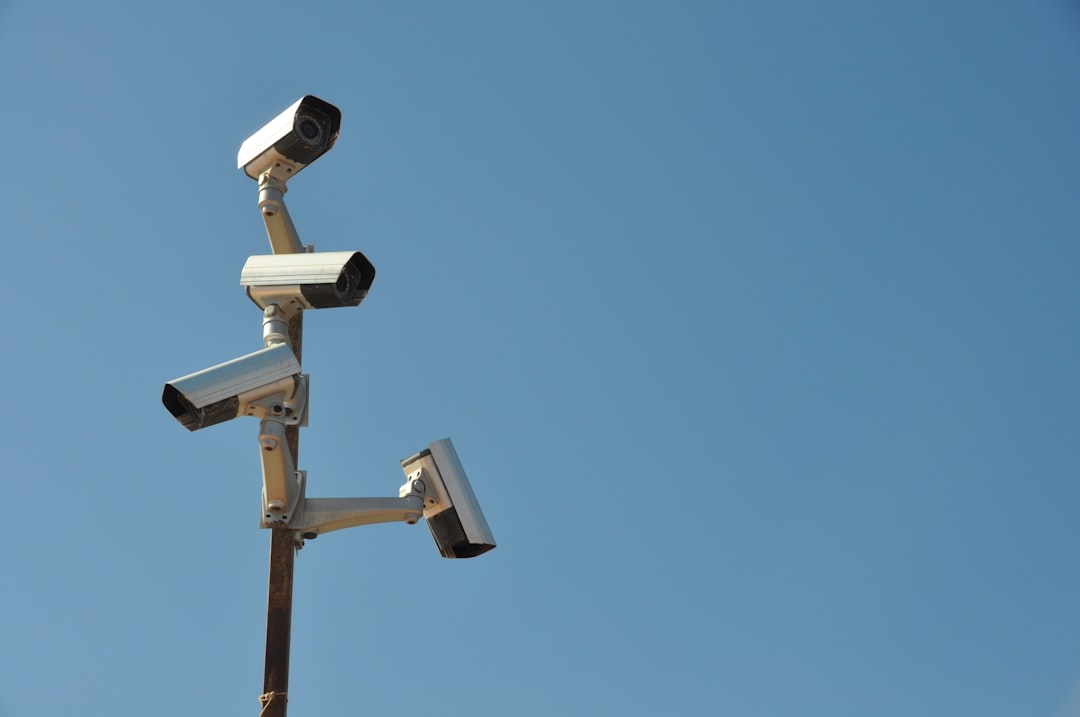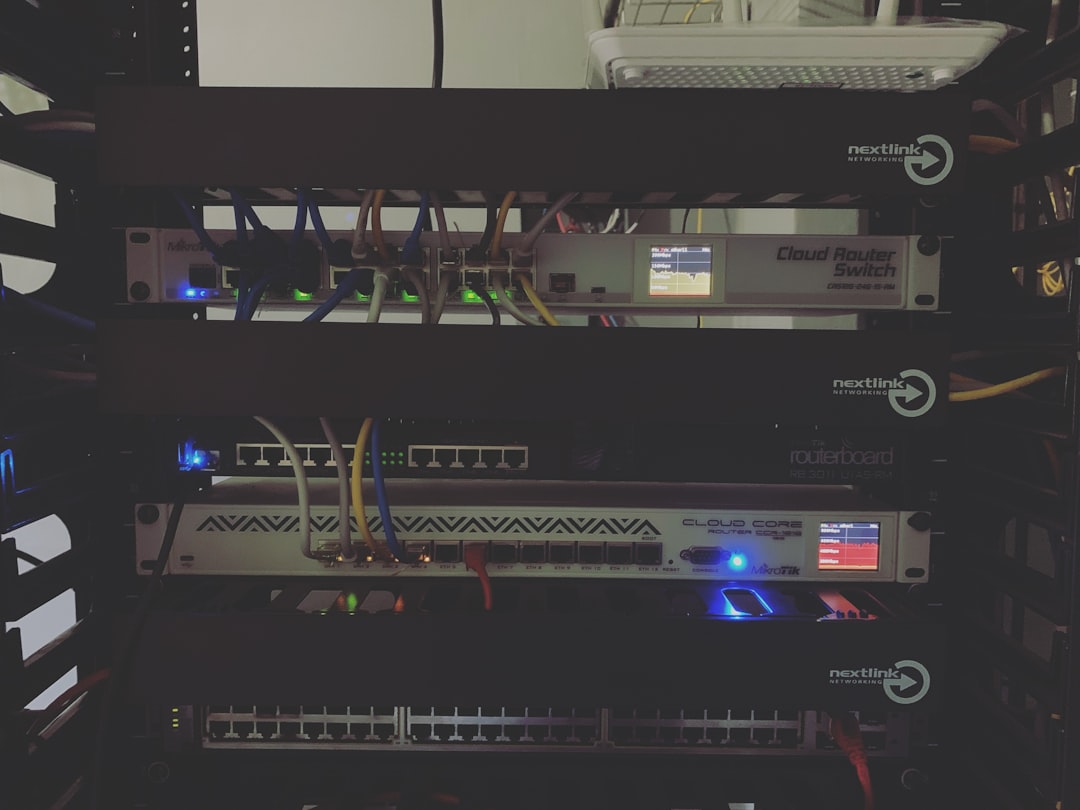In an ever-evolving landscape of technology and security, the role of a monitoring centre operator has become increasingly vital. Whether it’s safeguarding homes, businesses, or infrastructure, these professionals stand at the frontline of safety and vigilance. Working behind the scenes, monitoring centre operators are tasked with observing alarms, surveillance systems, and emergency calls — making real-time decisions that can have life-saving consequences. To thrive in this highly responsible role, individuals must acquire a mixture of technical, cognitive, and interpersonal skills, bolstered by recognized certifications that prove their capabilities.
What Does a Monitoring Centre Operator Do?
Monitoring centre operators handle security operations within centralized command centres. These professionals operate advanced software systems to oversee alarms, cameras, access controls, and emergency response dashboards. Every alert — whether triggered by suspicious activity, environmental factors, or emergency conditions — is assessed and acted upon swiftly and accurately.
As digitization and automation expand in both residential and corporate environments, the demand for skilled monitoring centre operators with a technical and methodical mind is on the rise across the United States.

Top Skills Needed to Become a Successful Monitoring Centre Operator
Becoming exceptional at this job requires more than just knowing how to manage a video feed or activate emergency protocols. Below are some core skills that aspiring monitoring centre operators should master.
1. Attention to Detail
Why it matters: Missing a small visual cue or misinterpreting a log entry can lead to delayed or inappropriate responses. Precision in observation and record-keeping is paramount.
2. Technical Proficiency
Operators interact with sophisticated software platforms, IoT-linked sensors, and often real-time analytics tools. Adeptness with computing systems, digital communication protocols, and security technologies is non-negotiable.
3. Communication Skills
Clear and calm communication during emergencies is essential. Operators must relay information to law enforcement, emergency responders, or clients confidently and effectively.
4. Critical Thinking and Problem Solving
Unexpected scenarios require intelligent decisions. Operators should be able to assess evidence, weigh options, and take quick, reasoned actions.
5. Multi-tasking
Simultaneously monitoring various security feeds, handling alerts, and completing reports is typical in a normal shift. Those who thrive are excellent multitaskers.
6. Emotional Resilience
This can be a high-pressure role. Remaining calm and efficient under stressful situations — such as emergencies or false alarms — is a hallmark trait of the best operators.
7. Team Collaboration
Operators do not work in silos. Coordination with fellow operators, technicians, and field personnel is key to comprehensive security coverage.
Top Certifications That Make You Stand Out
While skills are earned through experience, certifications validate your knowledge and competence in industry standards. Below are key certifications respected across the American security and monitoring industry.
1. TMA Five Diamond Certification
Offered by The Monitoring Association (TMA), this certification is awarded to central stations that demonstrate excellence in five core areas, including ongoing operator training, active participation in the industry, and commitment to customer service. Operators seeking employment with Five Diamond certified employers are often held to higher standards and undergo in-depth training.
2. UL 827 Compliance
Although primarily a certification for the monitoring facility rather than individual operators, understanding UL 827 protocols is crucial. This Underwriters Laboratories standard outlines infrastructure and operational guidelines for central station alarm monitoring companies. Familiarity with it enhances an operator’s knowledge of compliant and safe monitoring practices.
3. APCO Public Safety Telecommunicator Certification
This is a valuable certification especially for operators working in emergency and public safety monitoring centres. It covers call-taking skills, radio communication, and crucial procedures during high-pressure incidents.
4. NICET – Fire Alarm Systems Certification
The National Institute for Certification in Engineering Technologies (NICET) offers this credential for those involved with fire alarm systems. Since many monitoring centres deal with fire alerts, having this certification adds a highly specialized skill set to your profile.
5. OSHA 10/30 Safety Training
General safety knowledge is vital. Through OSHA certifications, operators gain insights into workplace safety standards and emergency response preparedness, making them valuable assets within risk-sensitive environments.
6. CPR and Basic First Aid
This may not seem directly related to monitoring, but knowledge of basic first response can be critical, especially when advising individuals in distress over the phone during emergencies.

Additional Training and Credentials to Consider
Beyond formal certifications, there are various training paths and credentials that further enhance job performance and career mobility for monitoring centre operators:
- Security+ Certification (CompTIA): Offers foundational knowledge of network security and threat management.
- Emergency Communications Operator Training: Prepares operators for roles specific to public emergency systems like 911.
- Customer Service Excellence Courses: Since operators interact with a wide range of people, these courses improve interpersonal communication and conflict resolution.
- Multilingual Skills: Fluency in Spanish or other languages can be highly advantageous, especially in multilingual regions of the U.S.
Emerging Technologies Increasing the Demand for Specialized Skills
As AI-powered surveillance systems, IoT devices, and big data analytics become increasingly standard in today’s security solutions, monitoring centre operators must upskill accordingly.
Now, operators are expected to understand concepts like video analytics, automation alerts, cybersecurity protocols, and even cloud-based monitoring dashboards. Being comfortable with evolving interfaces and systems will ensure long-term success in this career.
Data Privacy and Ethics
Since operators handle sensitive video feeds and personal data on a regular basis, being trained in data privacy policies and ethical standards is becoming critically important. Courses in HIPAA compliance, data encryption basics, and ethical monitoring practice can greatly enhance an operator’s value to employers.
Career Advancement Opportunities
Working as a monitoring centre operator is often a stepping stone to broader career paths in safety and security. With the right combination of skills and certifications, experienced operators can transition into:
- Monitoring Centre Supervisor or Manager
- Security Systems Analyst
- Emergency Services Dispatcher
- Cybersecurity Technician
- Field Security Coordinator
Many leadership roles within the security sector call for candidates with hands-on operator experience, especially from high-stakes environments like governmental monitoring stations or large-scale corporate campuses.
The Path to Becoming a Top-Tier Monitoring Centre Operator
Success in this role isn’t just about reacting to alerts — it’s about interpreting data, maintaining calm under pressure, and continuously improving your knowledge base. Candidates should actively pursue certifications, stay updated with industry trends, and seek out advancement opportunities within their organization or through professional networks.
Organizations like The Monitoring Association (TMA), ASIS International, and APCO International offer workshops, conferences, and certification programs that support ongoing learning and professional recognition within the field.
Final Thoughts
If you’re detail-oriented, tech-savvy, and calm in stressful conditions, becoming a monitoring centre operator could be a highly rewarding path. With a solid foundation of skills and credentials, you can not only secure employment but also become an indispensable asset to any organization concerned with safety and vigilance.
In a world where security is everyone’s priority, the monitoring centre operator stands as the quiet guardian, vigilantly watching and ensuring that when the alarm sounds — someone is ready to act.
yehiweb
Related posts
New Articles
How To Delete A Jira Ticket: Full Guide For Admins And Team Members
Deleting a Jira ticket might seem straightforward, but in reality, it requires the right permissions, careful consideration, and a clear…

